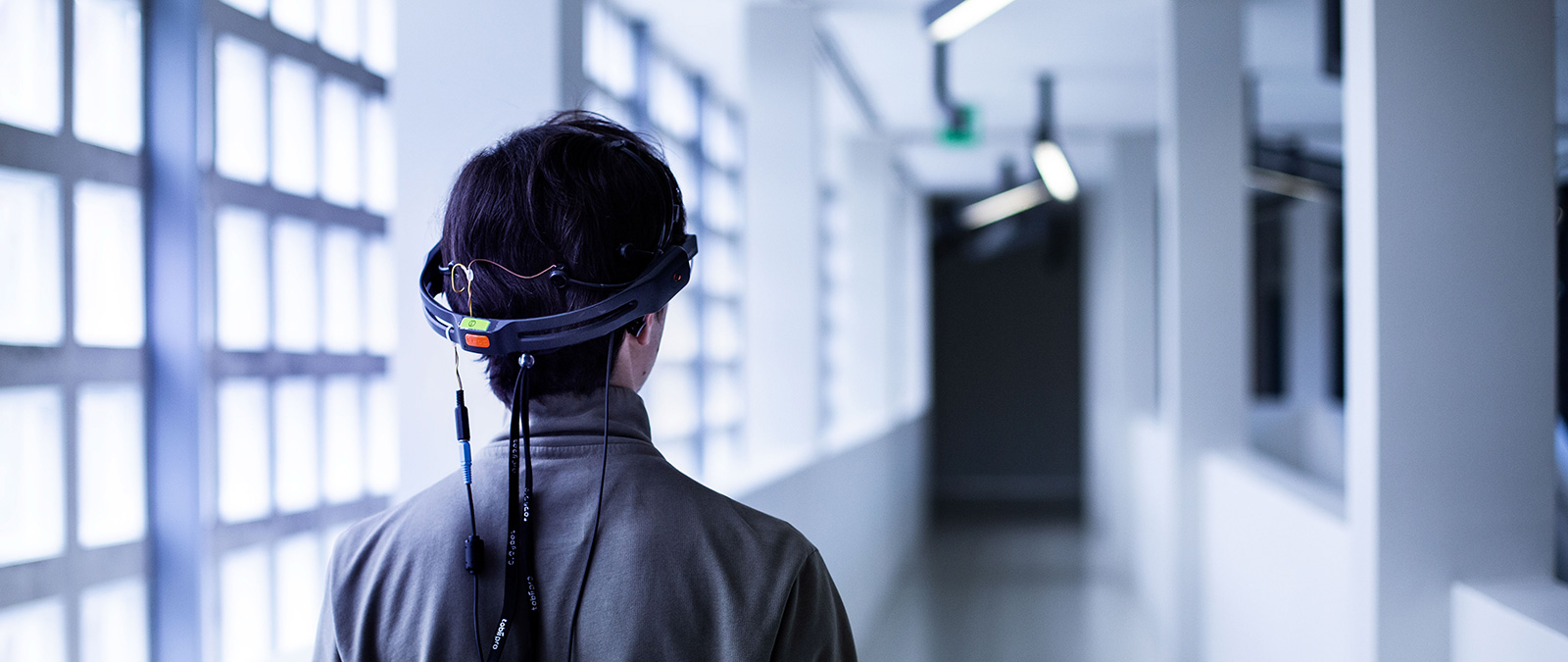
MMCPI -Modi, Memorie e Culture della Produzione cinematografica italiana 1949-1976
Year 2019
Winner of 2017 PRIN funding, the project involves, in addition to Principal Investigator M. Comand of the University of Udine, V. Zagarrio, of the University of Rome 3, and S. Martin, of the University of Parma.
The research project aims to analyze the ways, the memories of work and the cultures of production, starting from the observation that there are no systematic and long-term studies on the Italian production system and its specificities. The question that drives the research concerns the possibility of a specific "System-Italy" in the field of film production. To this end, a historical period, from the 1950s to the early 1970s, is taken into consideration, one of the most significant in the history of national cinema, but one that is less studied in-depth in terms of industry and production. The project pursues a methodological option that aims - according to an unprecedented perspective in the historiography of Italian cinema - at the integration of two investigative protocols and two different yet virtuously interrelated research fronts: the modes of production (looking at the so-called Production Studies) and the cultures and memories of production and work (looking at the Cultural Studies). In the first case, the research will investigate the dynamics that shape the system and the possible types of production (national, co-productions, co-participations, independent productions, cooperatives, etc.), reconstructing both the official institutional framework and the procedural concreteness, including the non-institutional or orthodox practices, however shared (for example, the practice of exchange between the productive and political world). In the second case, the project foresees a survey on the practical dimension of the work (the organization of the set, the workflows, the dynamics of bargaining, etc.) and on the human dimension (including the representations and self-representations of the subjects, the self-perception of the roles, functions and competences), in the conviction that the experiences, the codes of conduct, the mentalities of the workers and of the operators, have had a decisive role within the functioning of the system, a role studied only little or not at all. The research aims to enlighten the formation of one or more cultures of production, of identities and of professional and institutional roles; with attention to the darkest and "invisible" areas of the productive system, to the informal logics and to the dialectics between the levels, as well as to the marginal subjects, decisive elements for the understanding of the specific, iridescent, complex, System-Italy.